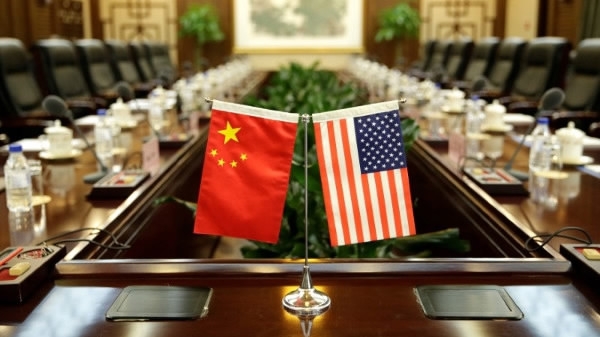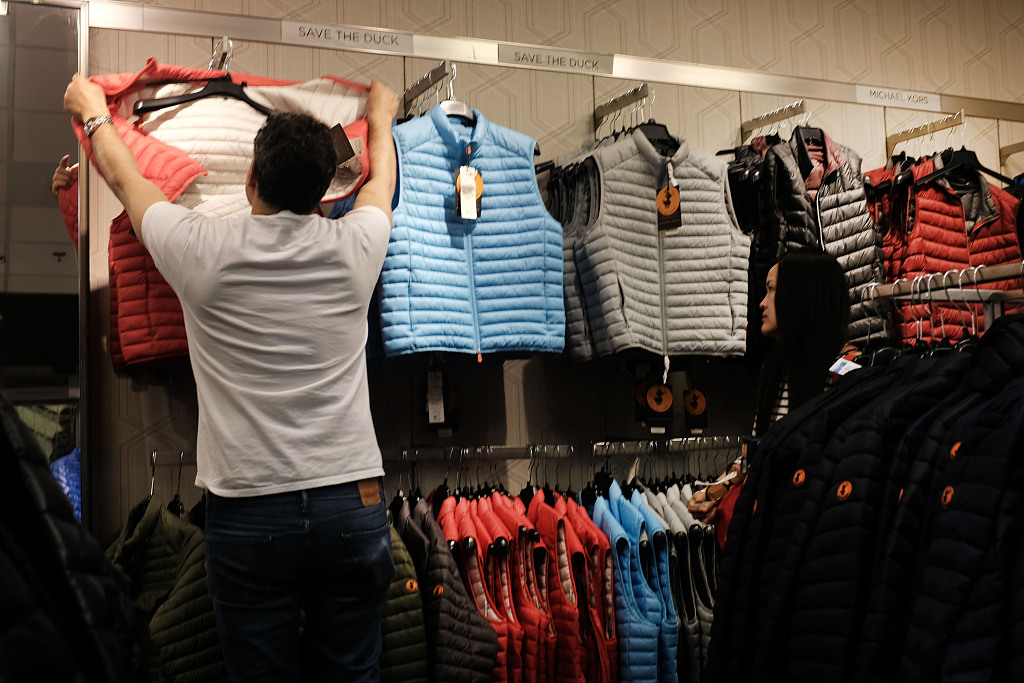
Editor's note: Andrew Korybko is a Moscow-based American political analyst. The article reflects the author's opinion, and not necessarily the views of CGTN.
CNN published a piece on Thursday about how "China-U.S. tensions didn't begin with the coronavirus. They've been building for years." The article attempts to present itself as an unbiased review of their bilateral relations but quickly reveals itself to have a political agenda, one which rests with blaming China for these problems while defending America's aggressive actions against it as supposedly being done solely in response. Considering the influence that CNN wields across the world, it's worthwhile to debunk its latest piece in detail.
Author Ben Westcott, described in his bio as a digital news producer based in Hong Kong, believes that the latest bilateral tensions over the coronavirus can be traced back to the South China Sea. Instead of explaining the basis behind China's historical claims, he decided to describe its exercises of sovereignty there as "aggressive," which gives the impression that Beijing is the bad guy. Accordingly, he portrays the U.S. so-called maritime patrols as a "response" that makes it seem like America is protecting the region.
The next point of contention that Westcott draws attention to is the renegade Chinese province of Taiwan. He begins by framing this topic in a way that makes it seem like China, which revived this long-standing issue between it and the U.S. when he talks about President Xi's successes in diplomatically isolating the island and modernizing his country's military. Although not directly stated, this seems to imply that the Trump administration's embrace of Taiwan, including through arms sales, was also a defensive response.
Moving along, the author can't portray the trade war as China's fault like he attempted to do with the other two issues that were discussed because it's obvious to all that this act of economic aggression was entirely the doing of President Trump. Nevertheless, he opens up that section by reminding the reader about how the American leader "believed China was taking advantage of the U.S. economically," which hints that this too was just a defensive response to what he's spent the entire piece portraying as unprovoked Chinese aggression.
He isn't less unbiased when he discusses Huawei either. It's true that Westcott only presents facts, but how he introduces them to his audience and the others that he decides to omit gives off the impression that the intention behind his piece is to blame China for the bilateral tensions between it and the U.S. This is seen most evidently when he describes the U.S. espionage accusations against Huawei without mentioning that Snowden's leaks proved that it's actually America that's already doing this to everyone and not China.

Chinese made jackets at a Manhattan department store in New York City, U.S., May 7, 2019. /VCG
Chinese made jackets at a Manhattan department store in New York City, U.S., May 7, 2019. /VCG
Wrapping up his piece, Westcott quotes academic Orville Schell who claims that both countries are employing what he described as "patriotic rhetoric...to distract attention from troubling domestic issues." Schell then speculates that "a badly damaged economy" and "rising unemployment" might "be a threat to the ruling Communist Party's legitimacy," and while he also levels some similar criticisms towards the U.S., he conspicuously fails to mention how many want Trump to step down for his disastrous handling for the crisis.
Having been familiarized with the political points that Westcott made in his speech, it's now time to concisely debunk them. China has the sovereign right to develop the resources within its jurisdiction, and the unpermitted transit of foreign military units through its territory is indeed a provocative action by the U.S. and not a so-called "response" to anything. The same holds true for Taiwan – the vast majority of the world recognizes it as part of One China with its capital in Beijing, so arming it as the U.S. does is definitely aggressive.
As for the trade war, it was waged as part of Trump's plan to radically restructure the trade deals and supply chains that he inherited. Although China is the primary target, he's threatened to carry out similar acts of economic aggression against the U.S. allies in Europe and its new "comprehensive global strategic partner" in India, among others. When it comes to Huawei, the U.S. is behaving very hypocritically since Snowden proved that it's America, not China, that's already spying on the entire world.
Concerning the last point where Schell speculates that the coronavirus-induced economic troubles are a "threat" to the Chinese Communist Party's legitimacy, nothing could be further from the truth. There is no socio-political unrest in China, and the economy is recovering faster than practically any other countries'. Indirectly hinting at the possibility of regime change in China is, therefore propaganda. All in all, the same can be said for Westcott's article – it presents itself as unbiased, but clearly has a political agenda.
(If you want to contribute and have specific expertise, please contact us at opinions@cgtn.com.)